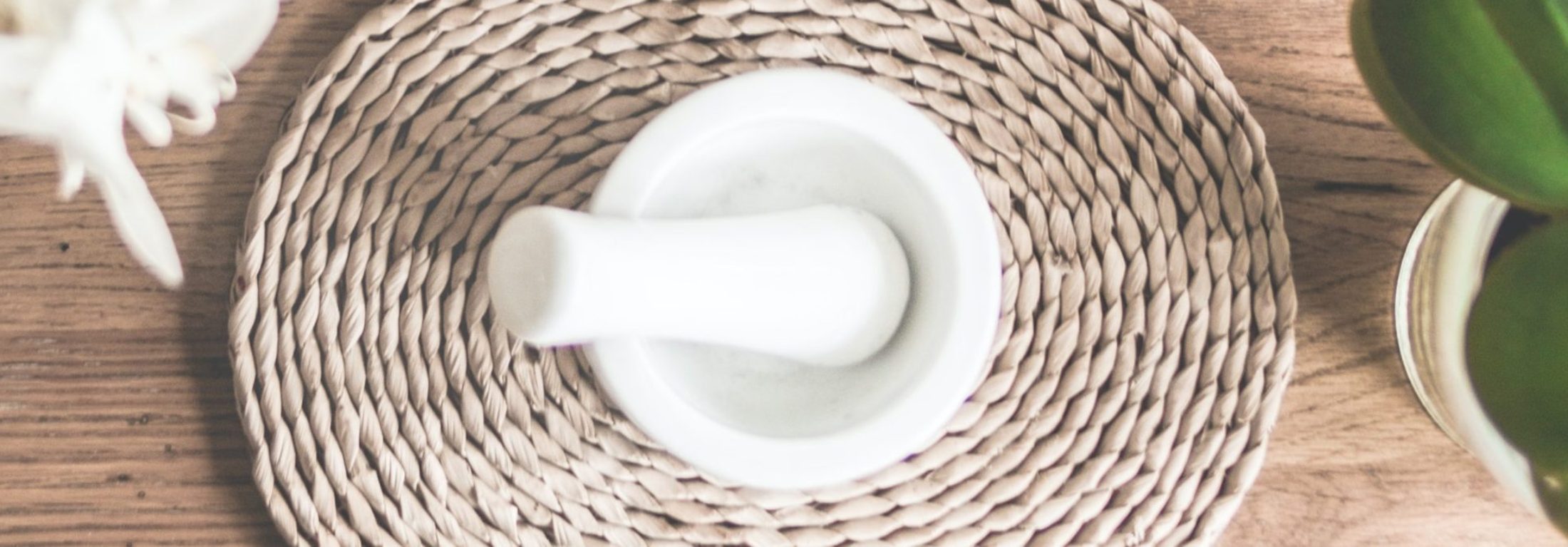BACKGROUND
Patients who suffer from gout may wish to try supplements in hopes of preventing flare ups.
In the acute phase of gout, deposition of uric acid crystals in joints and articular tissues leads to inflammation and extreme pain. After many years of gout attacks, nodules called tophi can form over joints leading to limited activity and gouty arthritis.1
The main cause of gout is high uric acid levels (concentration >6.8 mg/dL) due to either uric acid underexcretion or uric acid overproduction.
Other important risk factors include male sex, diet (e.g. red meat, beer), and medication use (e.g. diuretics).2

Source: Chrisholm-Burns, et al. Pharmacotherapy Principles and Practice. McGraw-Hill; 5th Edition
Acute gout flares are managed with colchicine, NSAIDs, or glucocorticoids based on patient-specific factors.3
For prevention of recurrent attacks, the American College of Rheumatology (ACR) strongly recommends the use of urate-lowering-therapy (ULT) for patients with ≥1 subcutaneous tophi, radiographic damage, or frequent flares (≥ 2/year).3
The first-line ULT is allopurinol 100mg daily with dose increases to achieve target urate level.
It has recently been suggested that Vitamin C may promote the excretion of uric acid and thus help manage gout attacks.4 However, the ACR specifically recommends against the use of vitamin C, regardless of disease activity.3
This is because there is no concrete evidence to support the use of this supplement specifically for gout.

CURRENT EVIDENCE
Higher Vitamin C (VC) intake has been associated with lower serum uric acid and lower risk of developing gout.4,5 However, this data was gathered from a generalized population, involves varied amounts of VC intake, and is based on observational studies that do not indicate a causative relationship.
One of the few randomized controlled trials (RCT) researching this relationship was done by Lisa Stamp and colleagues.
It included patients with a diagnosis of gout and a serum uric acid level > 6 mg/dL.
Those who were already taking allopurinol were randomized to receive an increased dose of allopurinol or to start taking VC (500 mg/day), and those who were not on ULT were randomized to allopurinol (max 100 mg/day) or VC (500 mg/day).6
The primary endpoint was reduction in serum urate level at week 8.
A total of 40 participants were randomized, of whom 20 were receiving allopurinol at baseline and 20 were not.6
After the 8-week period, decrease in serum urate level was significantly less in participants receiving VC compared to those on allopurinol initiation or dose increase (mean reduction of 0.23 mg/dL vs 1.9 mg/dL, respectively; p < 0.001).6
These results indicate that VC at 500 mg/day did not provide a clinically significant reduction in uric acid, either as monotherapy or in combination with allopurinol, compared to the standard-of-care treatment.

Another interventional study published in 2017 (Azzeh FS, et al.) evaluated the effect of VC on serum uric acid levels in patients with a gout diagnosis or hyperuricemia (serum UA > 6 mg/dL for females and > 7 mg/dL for males).
All participants were given VC 500 mg chewable tablets daily.
The primary outcome was change in serum uric acid from baseline to week 8 of supplementation, and the differences were analyzed via t-student and chi-square tests.7
15 participants were part of the gout group and 15 were in the hyperuricemia group.
At week 8, serum uric acid in the hyperuricemia group decreased significantly (p<0.05), however no significant change was seen in the gout group (p>0.05).7
Although VC at 500 mg/d may have positive effects in patients with hyperuricemia, these results are inconclusive since internal and external validity were lacking in this study.
CONCLUSION
Clinical data currently available for the use of vitamin C in patients with gout is limited and does not support the use of this supplement.
Most studies have only shown an association between vitamin C and lower incidence of gout attacks. The few studies that did have statistically significant results were lacking in internal and external validity (e.g. small sample size, no use of placebo).
Additionally, clinical trials have used decrease in uric acid level as a primary surrogate marker rather than exploring a more patient-oriented outcome, such as decrease in flare up frequency.

Although vitamin C is an important supplement for immune health and other conditions, I would not recommend vitamin C specifically for gout treatment or prevention.
Instead, I would counsel on other lifestyle changes that patients can implement to minimize flare ups. These include limiting alcohol and purine intake, and achieving a healthy weight!
REFERENCES
- Pascart T, Lioté F. Gout: state of the art after a decade of developments. Rheumatology (Oxford). 2019 Jan 1;58(1):27-44. doi: 10.1093/rheumatology/key002. PMID: 29547895.
- Dalbeth N, Merriman TR, Stamp LK. Gout. Lancet. 2016 Oct 22;388(10055):2039-2052. doi: 10.1016/S0140-6736(16)00346-9. Epub 2016 Apr 21. PMID: 27112094.
- FitzGerald JD, Dalbeth N, Mikuls T, et al. 2020 American College of Rheumatology Guideline for the Management of Gout. Arthritis Care Res (Hoboken). 2020 Jun;72(6):744-760. doi: 10.1002/acr.24180. Epub 2020 May 11. Erratum in: Arthritis Care Res (Hoboken). 2020 Aug;72(8):1187. Erratum in: Arthritis Care Res (Hoboken). 2021 Mar;73(3):458. PMID: 32391934.
- Brzezińska O, Styrzyński F, Makowska J, Walczak K. Role of Vitamin C in Prophylaxis and Treatment of Gout-A Literature Review. Nutrients. 2021 Feb 22;13(2):701. doi: 10.3390/nu13020701. PMID: 33671646; PMCID: PMC7926958.
- Sun Y, Sun J, Wang J, et al. Association between vitamin C intake and risk of hyperuricemia in US adults. Asia Pac J Clin Nutr. 2018;27(6):1271-1276. doi: 10.6133/apjcn.201811_27(6).0014. PMID: 30485926.
- Stamp LK, O’Donnell JL, Frampton C, et al. Clinically insignificant effect of supplemental vitamin C on serum urate in patients with gout: a pilot randomized controlled trial. Arthritis Rheum. 2013 Jun;65(6):1636-42. doi: 10.1002/art.37925. PMID: 23681955.
- Azzeh FS, Al-Hebshi AH, Al-Essimii HD, et. al. Vitamin C supplementation and serum uric acid: A reaction to hyperuricemia and gout disease. PharmaNutrition. 2017 June;5(2):47-51.

